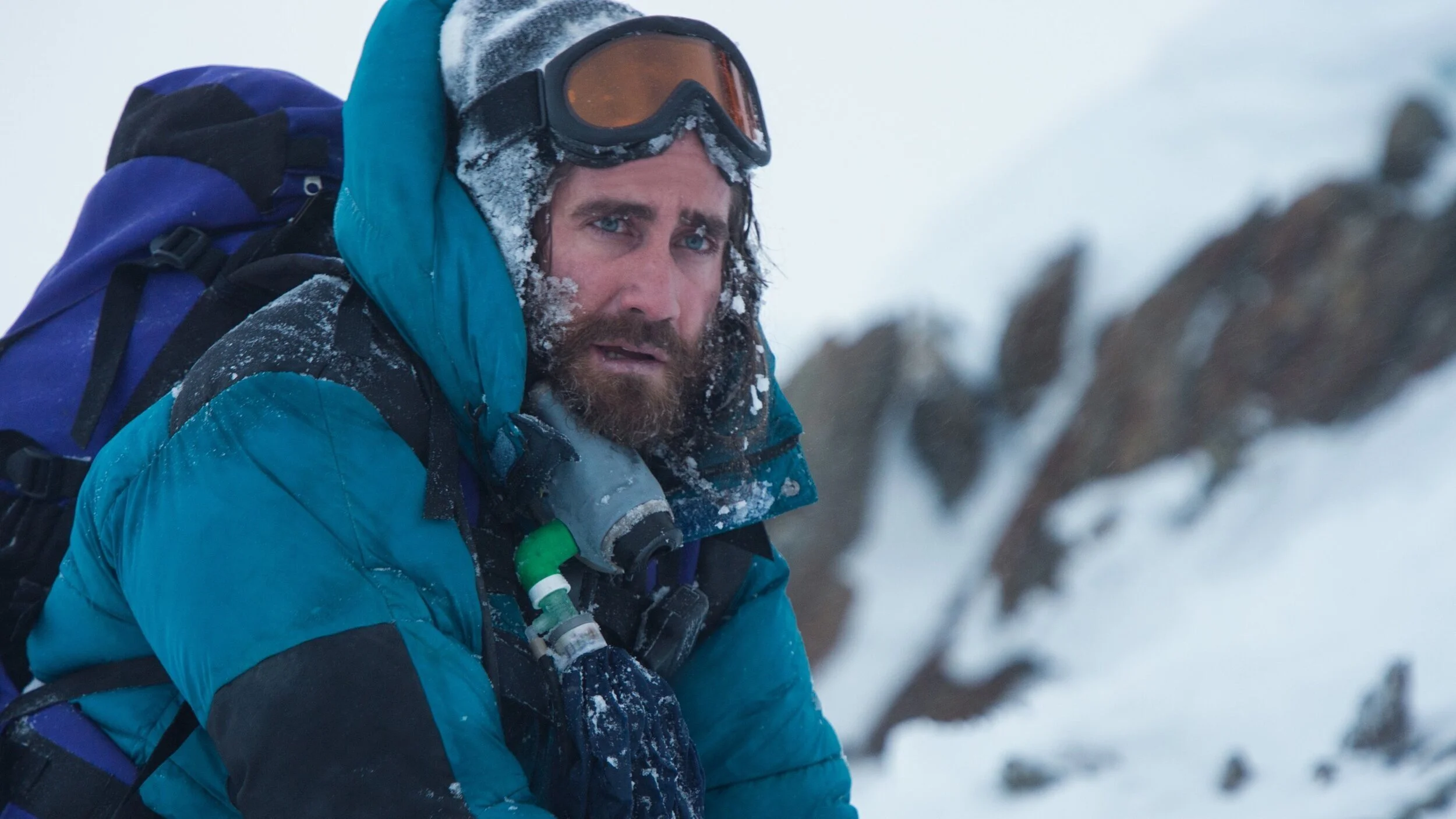Everest
Icelandic director Baltasar Kormákur takes audiences up the world’s highest peak.
In 2013 2 Guns, a starring vehicle for Denzel Washington and Mark Wahlberg, proved that the Icelandic director Baltasar Kormákur could bring off a fun thriller of the kind that could only come from Hollywood. Now we find him attached to another English language piece with even more star names involved, a work from a handful of commercial production companies including Universal and Working Title. But what is so striking about Everest is the fact that it is so strongly evocative of Kormákur’s home-made drama The Deep (2012).
Both films derive from actual events: The Deep from the surprising survival of a man in arctic waters following the sinking of a fishing vessel and Everest from the tragedy that overtook a climbing expedition on the mountain in 1996. More strikingly still, Kormákur’s approach is in each case the same. Given a cast that includes among the climbers Jason Clarke, Josh Brolin, John Hawkes, Sam Worthington and Jake Gyllenhaal, one might be forgiven for expecting a drama which would provide big moments for each in turn, but that is not what we get. Quite rightly, the whole cast – and here I further include Emily Watson and Elizabeth Debicki at base camp and Keira Knightley and Robin Wright as wives back home awaiting news of the fate of their husbands – treat this as an ensemble piece. I would just add that Knightley has very effective emotional moments in her short role and that Watson is strong throughout, but Wright is sadly underused.
Except for those with a special interest in mountaineering the facts on which William Nicholson and Simon Beaufoy have based their screenplay are sufficiently distant to leave us with a narrative not short on suspense – who will survive the downward journey in severely adverse weather conditions and who will die? These are issues that sustain interest in a film lasting for just over two hours, but what is most crucial of all is Kormákur’s ability to make us feel that we are sharing the experience undergone by the climbers.
Critical reaction to Everest has been mixed with some comments indicating that more should have been made of the way in which ascending the mountain was run on a commercial basis which led to overcrowding, something which is not ignored here but could have been given greater weight. It has also been said that the character of the most significant female climber, Japan’s Namba Yasuko (Mori Naoko), is misleadingly portrayed (the end credits carry the usual statement found in fact-based films acknowledging some freedom in dramatisation). For that matter I believe that considerable footage was shot in the Dolomites, but it is the sense of human beings challenging nature and then facing the consequences that is central to this film. The Deep may offer a more wholly sympathetic protagonist and the events depicted there were more extraordinary making that the superior film. But Everest, extending the tradition of mountaineering tales on film, brings state-of-the -art technology to the task of capturing the authenticity of the experience. Indeed Everest is available in 3-D and in Imax if preferred to add to the impact. After viewing it, you feel that you have seen what it must have been like and that, if not sufficient to create a masterpiece, is greatly to the credit of the filmmaker.
MANSEL STIMPSON
Cast: Jason Clarke, Josh Brolin, John Hawkes, Robin Wright, Emily Watson, Keira Knightley, Sam Worthington, Jake Gyllenhaal, Michael Kelly, Martin Henderson, Elizabeth Debicki, Mori Naoko, Vanessa Kirby, Tom Goodman-Hill, Mia Goth.
Dir Baltasar Kormákur, Pro Tim Bevan, Eric Fellner, Nicky Kentish Barnes, Tyler Thompson and Brian Oliver, Screenplay William Nicholson and Simon Beaufoy, Ph Salvatore Totino, Pro Des Gary Freeman, Ed Mick Audsley, Music Dario Marianelli, Costumes Guy Speranza.
Cross Creek Pictures/Walden Media/Working Title Films-Universal Pictures.
121 mins. UK/USA/Iceland. 2015. Rel: 18 September 2015. Cert. 12A.


